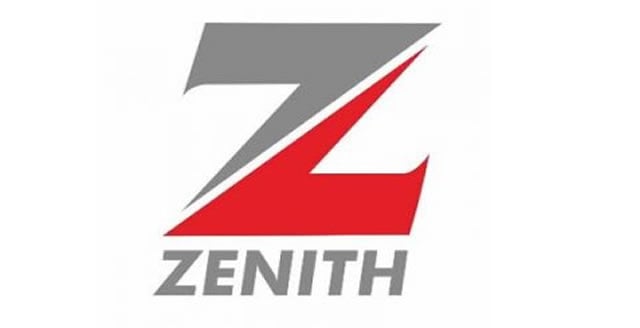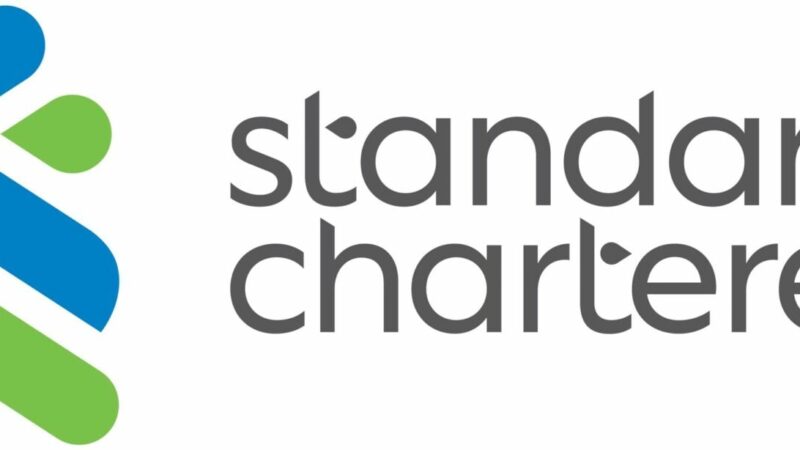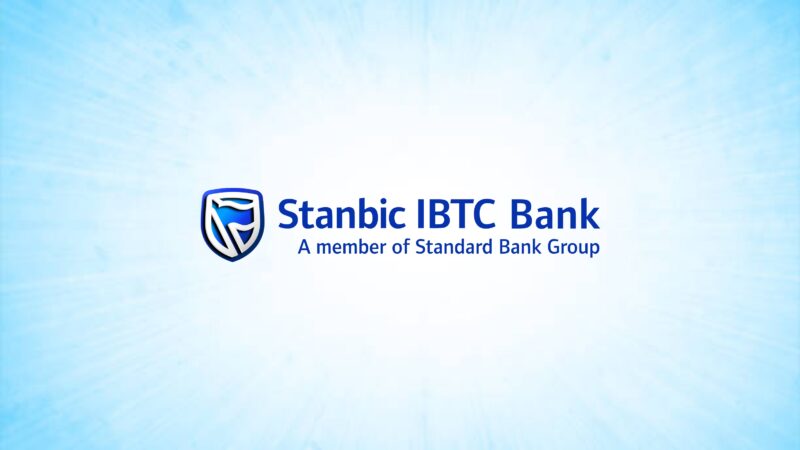Seven ways to confirm your NGX stocks are active

If you have invested in shares on the Nigerian Exchange at any point, either through an Initial Public Offering, secondary market transaction, or as a gift or inheritance, it is important to periodically confirm whether your stocks are still active and valid. With several cases of forgotten or inactive accounts, lost certificates, and unclaimed dividends in the Nigerian capital market, investors are advised to take deliberate steps to monitor the status of their shareholdings.
Here is a comprehensive guide on how to check if your stocks are still active on the NGX:
- Determine the name of the company and quantity of shares
The first step in verifying whether your stocks are still active on the Nigerian Exchange is to confirm the exact name of the company in which you invested. This is especially important because some companies may have undergone changes such as mergers, acquisitions, or restructuring that resulted in name changes. If you originally purchased shares under a different name, you should trace the history of the company to its current form. In addition to identifying the company, you should gather all relevant documents that relate to your investment. These may include your contract notes issued at the time of purchase, share certificates (if they were in physical form), your Central Securities Clearing System statement, or any documentation that clearly states the number of shares purchased, the date of purchase, and the account under which the shares are held. These records will serve as your proof of ownership and can help significantly in the process of confirming the current status of your stocks.
Contact your stockbroker
Your stockbroker is your first and most reliable point of contact when it comes to confirming the status of your shares.
Stockbrokers act as intermediaries between investors and the Nigerian capital market, and they typically have direct access to the CSCS, which is the official depository for all electronically held shares in the country. If you are still in contact with your original broker, you can reach out and request an update on your holdings. They should be able to tell you whether the shares are still active, the current number of units, and any dividends or changes that have occurred since the time of purchase. However, in situations where your former broker is no longer in operation or has ceased communications, you are not stranded. You can simply contact another licensed stockbroker to assist you. The NGX provides an updated list of active and licensed stockbroking firms on its website, and any of them can help you check the status of your shares once you provide the necessary details, such as your CSCS account number or previous stock purchase records.
- Use the CSCS portal
The Central Securities Clearing System operates as the main depository for electronically held shares in Nigeria and offers a secure and user-friendly online platform that enables investors to check their holdings independently. If your shares have been dematerialised, meaning they were converted from physical certificates into an electronic form, then the CSCS portal is one of the most reliable tools to confirm if your stocks are still active. If you already have an account, you can simply log in using your CSCS number and password. If you are a new user, you will need to register by providing your CSCS account number, which you can obtain from your stockbroker. Once logged in, the portal will display your full portfolio, including the name of each company you have shares in, the number of shares held, and any recent transactions or dividend activities. This gives you a comprehensive and up-to-date picture of your investment status and is particularly helpful if you have shares in multiple companies.
By following these steps, investors can easily determine whether their shares are still active and can take necessary actions to update their records or re-engage with the capital market.
- Check the NGX daily official list
Another method to verify whether a company’s stock is still actively listed on the Nigerian Exchange is by checking the Daily Official List published on the NGX website. This document provides daily updates on all listed companies, including their trading status and share price movements. To access this information, visit ‘https://ngxgroup.com’, navigate to the “Market Data” section, and then click on “Daily Price List.” From there, you can search for the company’s name. If the name does not appear, it could indicate that the company has been delisted, suspended, or merged with another entity. In such situations, it is advisable to contact your stockbroker or the registrar of the company for clarification on the status of your investment and next steps.
- Contact the share registrar
Each listed company on the NGX has a registrar responsible for maintaining the register of shareholders and handling related services. If you are trying to confirm whether your shares are still valid or want to know if dividends have been paid, the registrar is the most appropriate party to contact. To reach them, visit the investor relations section of the company’s official website, where you may find the registrar’s contact information. Alternatively, you can search online for the name and contact details of the registrar. When contacting the registrar, ensure you provide a valid means of identification, such as a national ID or international passport, as well as any share documents in your possession (e.g., original share certificates, dividend warrants, or contract notes). Some of the commonly known registrars in Nigeria include First Registrars & Investor Services Limited, CardinalStone Registrars, Africa Prudential Plc, and GTL Registrars. These firms will guide you through confirming your shareholding status and advise you on how to claim any outstanding dividends.
- Investigate dormant or lost accounts
If you suspect that your shares have become dormant due to years of inactivity or that you have lost access to your account as a result of misplacing documents or forgetting account details, there is a recovery process you can follow. This process typically begins with swearing an affidavit affirming your ownership of the shares. You must also provide a valid means of identification, such as a national ID card, voter’s card, or passport. In addition, you will be required to submit a formal letter of claim through your stockbroker or directly to the registrar or CSCS, depending on where the shares are held. The registrar or CSCS will subject you to a Know-Your-Customer process, during which they will verify your identity and ownership of the shares. Once your claim is validated, steps will be taken to restore access to your holdings or reactivate your account.
- Stay informed and updated
The Nigerian capital market is constantly evolving, with listed companies regularly undergoing corporate actions such as mergers, acquisitions, stock splits, rights issues, name changes, or delisting from the Exchange. These events can affect your investment, especially if you are unaware of them. To avoid surprises, make it a habit to monitor financial news, press releases, and official communications from your stockbroker or the registrar.
Also, subscribing to newsletters from capital market regulators like the NGX or the Securities and Exchange Commission can keep you informed about major developments that might impact your investments. Staying updated will help you take timely actions and safeguard your interest in the market.
Why It matters
Understanding why it is important to check whether your stocks are still active on the Nigerian Exchange goes beyond just tracking numbers on a screen. When investors fail to keep tabs on their shares, they risk losing out on valuable financial benefits. For instance, unmonitored stocks may continue to accrue dividends that remain unclaimed simply because the investor is not aware of their existence. In some cases, investors may miss the opportunity to sell those shares at a profit, especially during a market rally, simply because they did not realise the stock was still active or had appreciated in value.
Beyond lost profits, there is also a regulatory angle. According to rules set by the Securities and Exchange Commission, shares that remain unclaimed or untouched for a period of 12 years are at risk of being transferred to the Capital Market Development Fund. This means that if you fail to update your records, track your holdings, or make any claims within that time frame, your right to those shares may be forfeited. Such a loss could be financially damaging, especially for long-term investors or beneficiaries of inherited shares.
Conclusion
Ensuring that your shares are still active on the NGX is not just a matter of curiosity; it is a vital step in managing and safeguarding your investments. Whether you are a seasoned investor or someone who purchased shares many years ago during public offers, it is essential to take active steps in confirming and consolidating your investments. Start by dematerialising any old share certificates and linking them to a Central Securities Clearing System account. Then, update your KYC information with the appropriate share registrars and ensure your details are accurate, especially your name and bank account for dividend payments.
Make it a habit to regularly log into your CSCS portal, reach out to your stockbroker, or check the NGX Daily Price List for updates on your company of interest. Doing so ensures you are not in the dark when companies declare dividends, announce mergers, or restructure. Additionally, staying informed through business news platforms, capital market bulletins, or direct communication from registrars can help you respond quickly to changes.
If you’re still unsure about the status of your shares, consider seeking assistance from a licensed capital market operator or visiting an NGX Investor Hub near you for direct support. In the ever-evolving capital market environment, staying proactive is the surest way to ensure that your investments remain valuable, accessible, and profitable.







